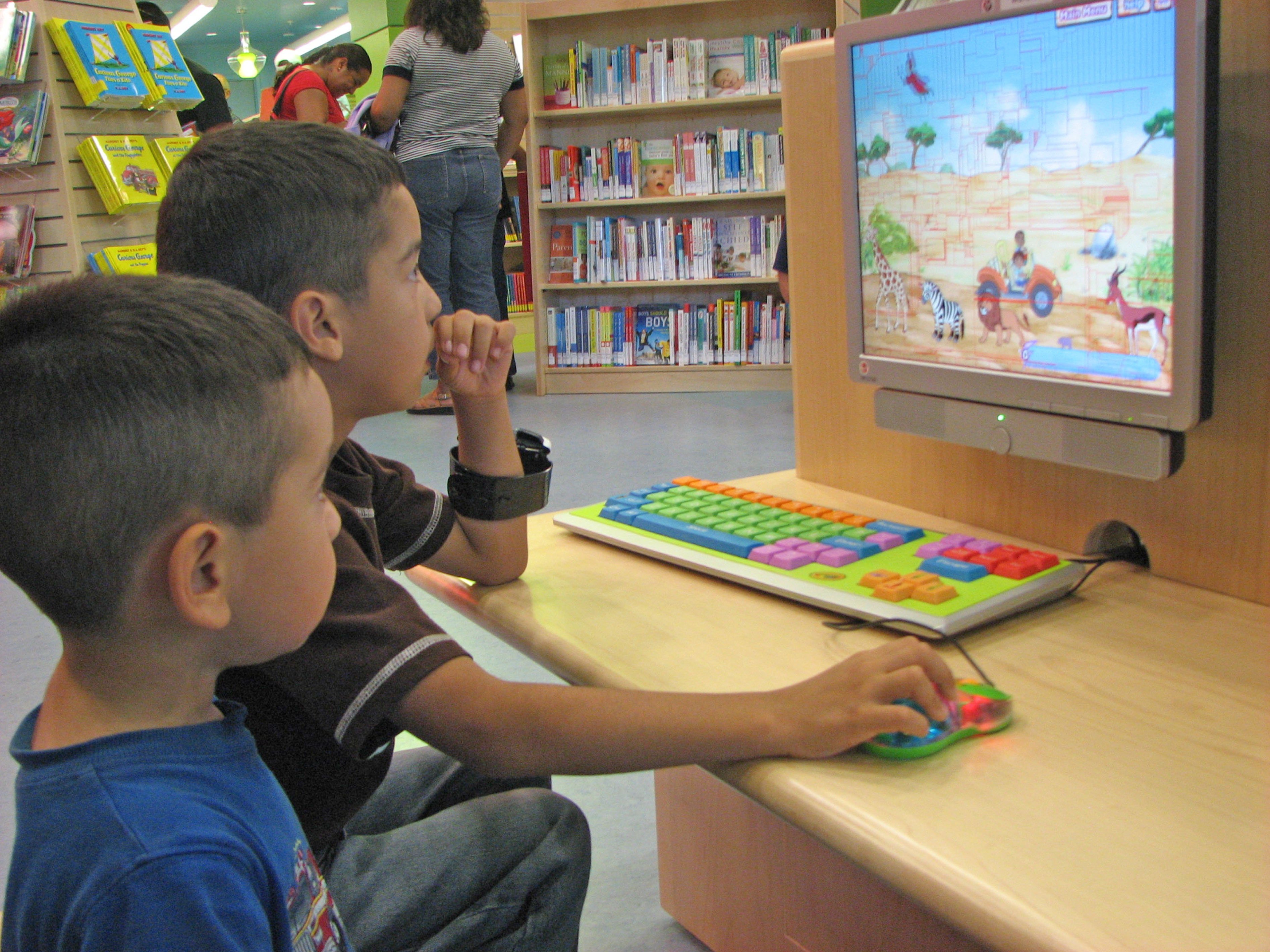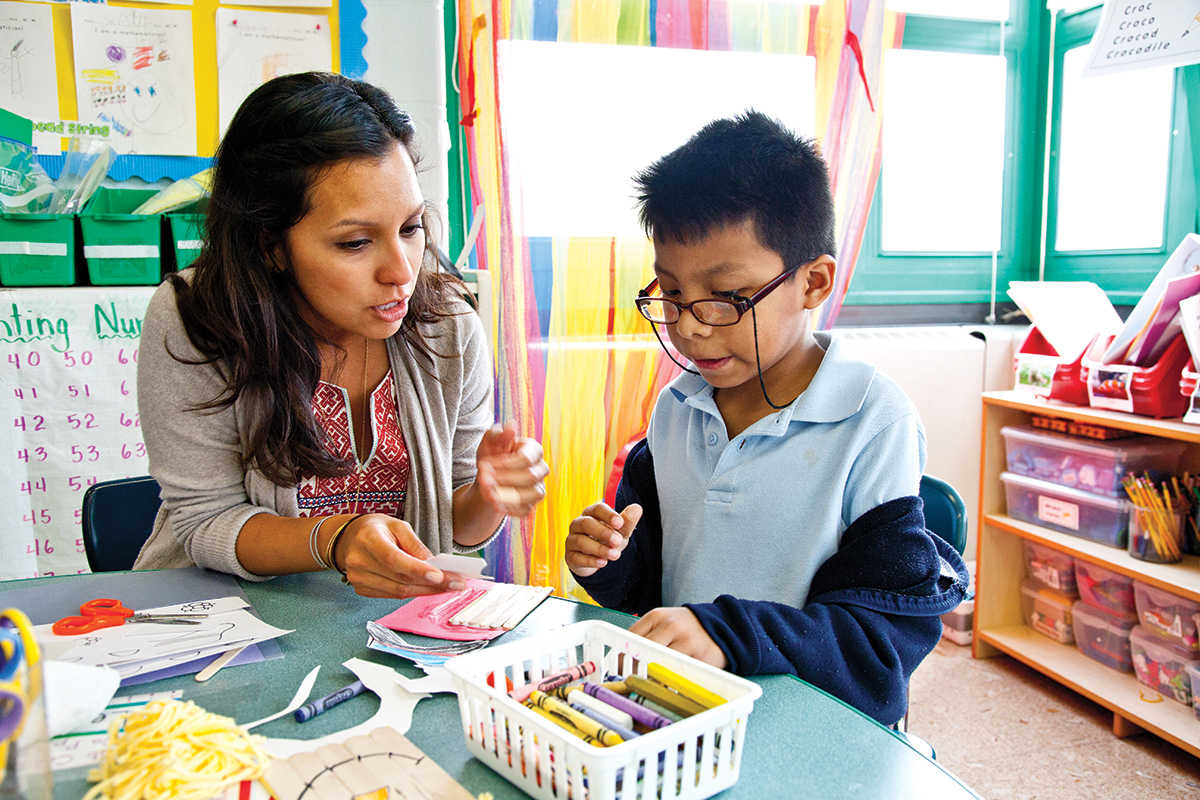The Importance of Early Childhood Education: Laying the Foundation for Lifelong Learning

Early childhood is a crucial period in a child’s development, and providing them with a strong foundation through early childhood education sets the stage for lifelong learning. The formative years of a child’s life, from birth to around eight years old, are characterized by rapid brain development and incredible learning potential. In this blog, we will explore the significant benefits and the lasting impact of early childhood education.
- Cognitive Development: Early childhood education stimulates cognitive development by nurturing the child’s thinking, problem-solving, and language skills. During this period, children’s brains are like sponges, absorbing information and making connections at a remarkable rate. Quality early education programs offer age-appropriate activities that foster critical thinking, creativity, and curiosity, preparing children for future academic success.
- Social and Emotional Development: Interactions with peers and caring adults in early childhood education settings contribute to children’s social and emotional development. They learn valuable skills such as communication, empathy, and cooperation, which form the basis for healthy relationships. Through play and structured activities, children develop social competence, emotional regulation, and self-confidence, which are vital for their overall well-being.
- Language and Literacy Skills: Early childhood education plays a pivotal role in promoting language and literacy skills. It offers an environment rich in language exposure, vocabulary development, and early literacy activities. Children engage in storytelling, singing, and reading, which enhance their communication abilities and lay the foundation for later reading and writing proficiency. Early literacy skills are closely linked to future academic achievement.
- School Readiness: Investing in early childhood education significantly improves school readiness. Children who attend high-quality preschool programs enter formal schooling with enhanced cognitive, social, and emotional skills. They are better prepared to adapt to the school environment, follow instructions, work in groups, and exhibit positive behavior. This early advantage sets them up for a smoother transition and better academic outcomes throughout their educational journey.
- Long-Term Impact: The benefits of early childhood education extend beyond the early years. Numerous studies have shown that children who receive quality early education are more likely to graduate high school, pursue higher education, and secure better employment opportunities in the future. They also demonstrate improved problem-solving abilities, higher self-esteem, and greater resilience, leading to healthier personal and professional lives.
- Brain Development: Early childhood is a period of rapid brain development, with neural connections being formed at an astonishing pace. Quality early education experiences provide the right stimulation and nurturing environment that optimize brain development. This helps in building a strong foundation for future learning, memory retention, and cognitive abilities.
- Socialization and Peer Interaction: Early childhood education offers children the opportunity to interact with their peers in a structured setting. Through play and group activities, children learn essential social skills such as sharing, taking turns, and resolving conflicts. They develop empathy and an understanding of different perspectives, fostering positive social interactions and preparing them for future social settings.
- Holistic Development: Early childhood education focuses on the holistic development of children, encompassing their physical, cognitive, social, emotional, and creative aspects. Well-designed programs provide a variety of experiences, including art, music, physical activities, and problem-solving tasks. This holistic approach ensures that children receive comprehensive development, nurturing their talents and interests.
- Parent Involvement and Support: Early childhood education programs often encourage parental involvement and provide support to parents. They offer resources, workshops, and guidance on various aspects of child development and parenting. This collaboration between parents and educators strengthens the child’s educational journey and creates a supportive network for both parents and children.
- Closing the Achievement Gap: Early childhood education has proven to be a powerful tool in narrowing the achievement gap between children from different socioeconomic backgrounds. By providing equal access to quality education at an early age, regardless of a child’s background, early childhood programs promote educational equity and give every child an equal opportunity to succeed.
- Health and Nutrition: Many early childhood education programs prioritize health and nutrition by offering nutritious meals, promoting physical activity, and educating children about healthy habits. By instilling these practices early on, children develop lifelong habits that contribute to their overall well-being and academic performance.
- Future Success in Society: Investments in early childhood education have shown significant long-term benefits for individuals and society as a whole. Studies have linked early education to reduced rates of crime, improved health outcomes, higher earning potential, and greater community engagement. By providing a strong educational foundation, early childhood education sets the stage for future success and positive contributions to society.
Early childhood education is not just about providing care; it is a powerful tool that shapes a child’s future. By fostering cognitive, social, emotional, and language development, early education programs offer a solid foundation for lifelong learning. Investing in quality early childhood education yields immense benefits, not only for the individual child but also for society as a whole. As parents and educators, let us recognize the significance of this critical stage and strive to provide every child with access to high-quality early childhood education, ensuring they embark on a journey of endless possibilities.














